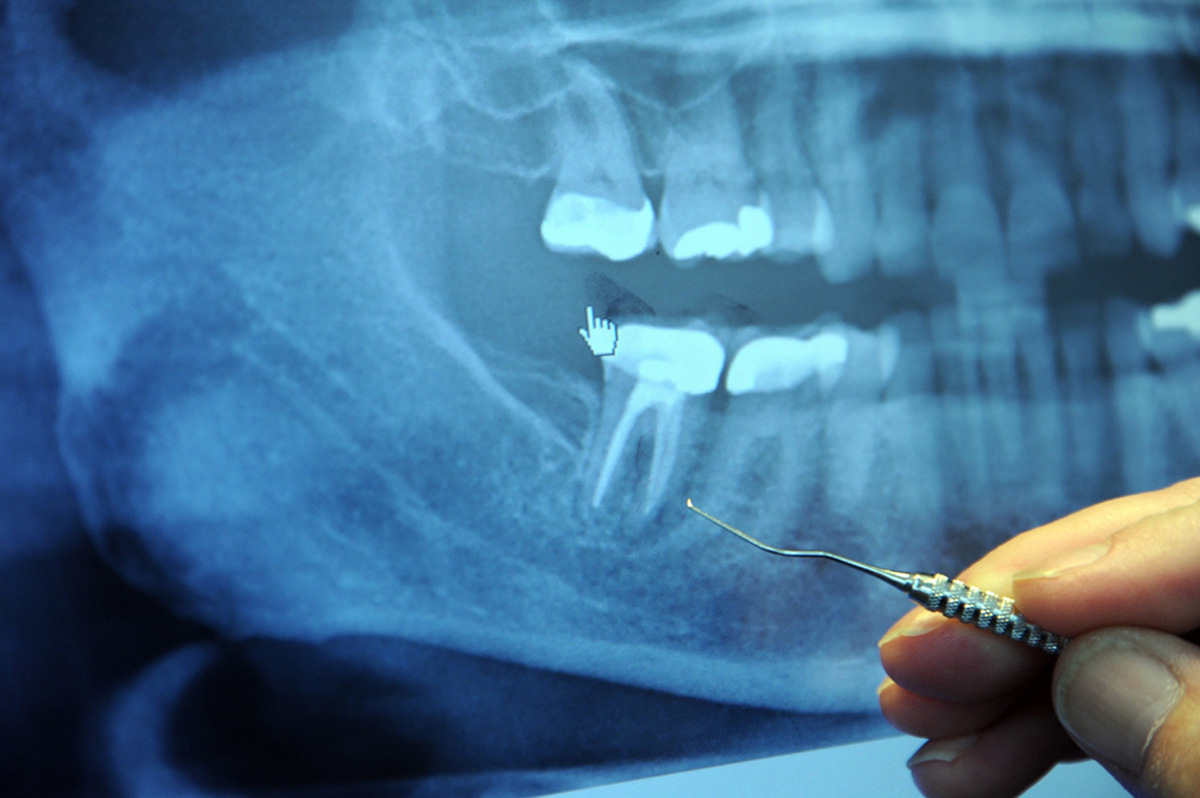Table of Contents
Non Operator Error
A tooth that has been properly treated and undergone a good root canal can also fail after a few years and this happens in about 10% of the cases. While the actual cause may never be known clinically, researchers have found a few possible reasons.
Irregular Root Anatomy
Every tooth is different from one another and sometimes this variance goes beyond what one would consider normal. Some teeth are present with a root that is so curved that cleaning it out completely is close to impossible while there are other situations where the teeth may have an extra tiny root altogether.
The chances of root canal failure increase exponentially in such cases.

Calcified Canals
The canals at the center of our teeth and roots can undergo calcification for a number of reasons. In such cases, there may be areas of the roots which are completely blocked off and thus cannot be accessed by the instruments.
There are methods to try and bypass calcified canals as well, but once again, the increasing complexity of the procedure adds to the likelihood of failure.
Resistant Microorganisms
A successful root canal treatment results in the elimination of infected pulp tissue from the tooth. Once the root canal has been completed, there should be no microorganisms that remain inside the roots. The dentist looks to achieve that through mechanical instruments and the use of chemical irrigation agents.
A number of researchers have found that root canal failure in cases where there was no apparent error can take place due to the presence of resistant micro-organisms that are not eradicated during the root canal process.
They continue to cause havoc inside and around the teeth eventually leading to root canal failure.
READ Connection Between Root Canals And Cancer
Excessive Occlusal forces
A root canal treated tooth should be protected by a crown and care should be taken that excessive occlusal forces are not being applied to the tooth. Any tooth which is subjected to traumatic forces over a period of time will become a liability, root canal treated or not, however, the process of drilling through the tooth makes root canal treated teeth more susceptible to such damage.
Crowns should be prepared in a proper manner ensuring that there is no leakage from the margins, no food is getting stuck near the edges and that it is the right height in accordance with the other teeth around it.
Vertical fractures, the kind which is extremely difficult to detect on conventional Xrays, are also much more likely to occur in root canal treated teeth under excessive occlusal forces.
Conclusion
A root canal procedure is one which has to be performed with the utmost precision and care to be successful. Advances in technology and methodology have meant that a successful result can be obtained with far more regularity than ever before.
As a patient, there is not much that you can do in such a case except follow the dentist’s instructions. What you can do is to try and ensure that your root canal treatment is being done by an endodontist (a dentist that specializes in root canal treatment) or by a general dentist that you trust from experience.
- jamiethedentist.com/root-canal-treatment/failure
- www.orocentro.com.br/files/file-102715188.pdf
- www.britishendodonticsociety.org.uk/patients/further-information.html
- Photo courtesy of ps_sahana: www.flickr.com/photos/ps_sahana/13996087837/
- Photo courtesy of wonderlane: www.flickr.com/photos/wonderlane/6219931567/
- Photo courtesy of wonderlane: www.flickr.com/photos/wonderlane/6219931567/


Your thoughts on this